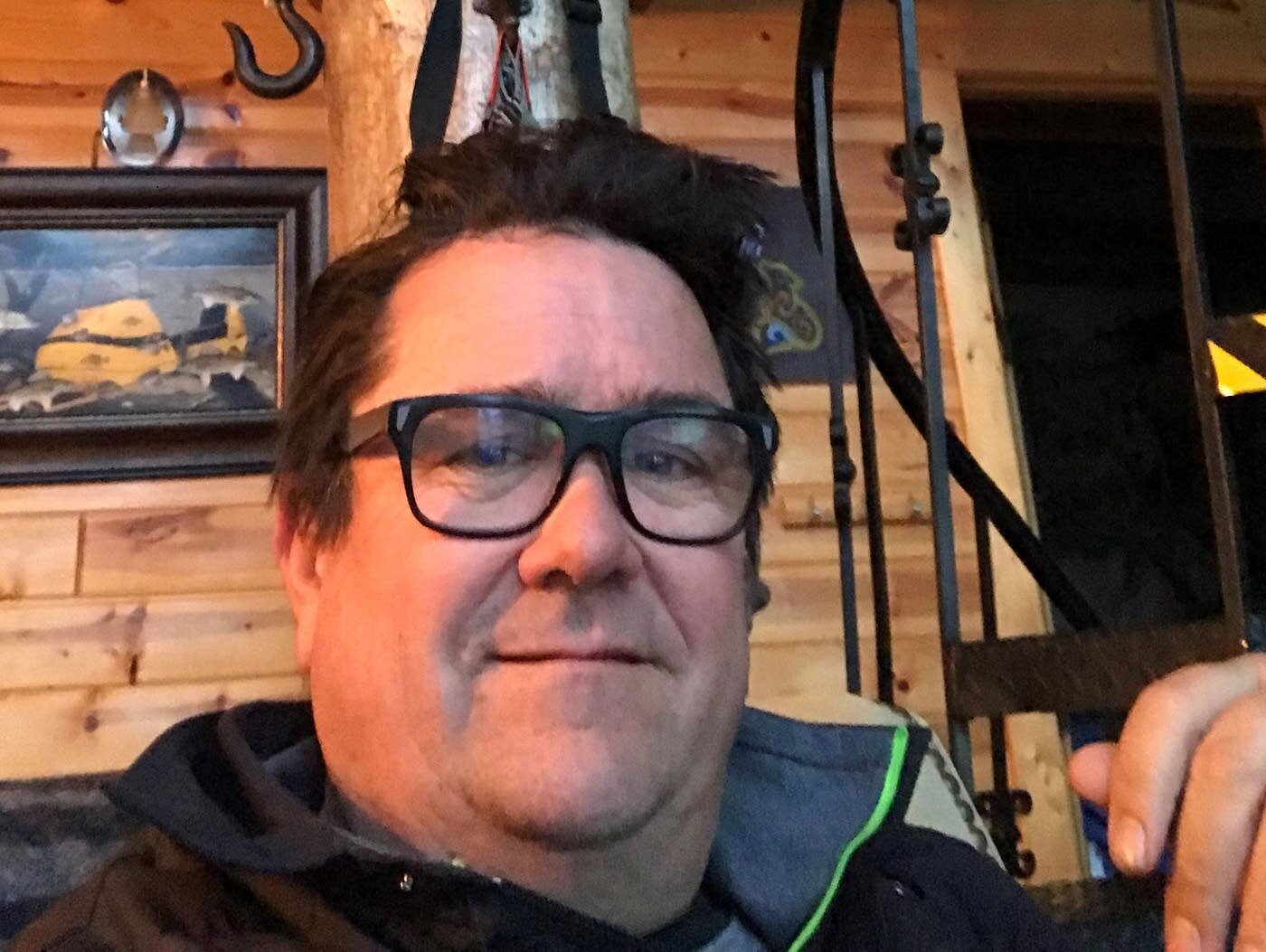Addiction recovery organizations scramble to keep treating patients
As social distancing takes hold, along with the governor’s order to stay home, recovery organizations are racing to figure out how to keep treating patients during the coronavirus outbreak. Some places, like Hazelden Betty Ford, are moving their groups online.
Christine T. Nguyen | MPR News
With MPR News
Listen to the Story on MPR News
The Park Avenue Center, an organization that offers in- and outpatient recovery services in the Twin Cities, is usually strict about attendance. But during the coronavirus outbreak, they’ve had to ease up, said Mark Casagrande, the program’s executive director.
Enrollment in all of their programs is down. There are 85 people enrolled in outpatient care, and most of them have decided to put their treatment on hold, Casagrande said.
“They’re choosing to not come into outpatient treatment. So literally from the 85, we’re talking we might have 20 of the 85 coming in for outpatient services.”
He thinks people are afraid, not just of getting sick, but of starting something as difficult as recovery right now.
As social distancing takes hold, along with the governor’s order to stay home, recovery organizations are racing to figure out how to keep treating patients during the coronavirus outbreak. Some places — from Hazelden Betty Ford to Alcoholics Anonymous — are moving their groups online and it seems to be working. But others are still looking for how best to serve their clients.
Casagrande says much of the population Park Avenue serves faces serious challenges like homelessness, unemployment and little in the way of family support.
“For many of our clients, it’s literally life or death,” he said. “For clients to stop treatment means that they literally are losing the only resources that they have.”
Other programs seem to be faring better, though it is still early days.
Hazelden Betty Ford recently moved its outpatient programs online. Clinics are considered essential services under the new stay-at-home order. But nobody wants to get sick, or get other people sick.
Hazelden had been working on the new online program for the last year or so, to be able to offer outpatient therapy to people who lived too far from a physical location. When the crisis hit, the organization just sped up the launch.
Lydia Burr, director of clinical services at Hazelden’s St. Paul location, said, so far, people just seem happy to be able to access treatment.
“What I've been experiencing from our patients over the last week or two,” she said, “is they’ve been scared that they’re going to come one day and we’re just going to be closed and we’re not going to be here.”
She said they’ve moved 27 outpatient groups to the virtual platform and they plan to continue operating this way as long as they need to.
Bill Jaap and his wife Liz run the Northeast Recovery Room, a nonprofit for 12-step recovery, in Minneapolis.
The Northeast Recovery Room, based in Minneapolis, has moved all its groups online. Bill Jaap, who runs it, is dialing in from his cabin in northern Minnesota.
They have meetings just about every day, meetings that have been moved online to recreate the same schedule they had in person.
“Most of us are really aware that we already suffer from an invisible, chronic, fatal and progressive disease, so we have a sense of urgency about getting to our meetings and meeting in person,” Jaap said.
He said the online version of the meetings have been working, with a few modifications.
The Northeast Recovery Room in Minneapolis has recreated its schedule of meetings online, so participants can meet at the same time on the same days as they did in-person.
“Most of us are huggers or we’re hand shakers so that has also gone away,” he said.
Some of the younger people in the groups have even set up Venmo and PayPal accounts so people can keep making the donations that keep the program running.
Jaap said they’ll keep it up until they can start meeting in person again.
This story is part of Call to Mind, an initiative from MPR to foster new conversations about mental health.



